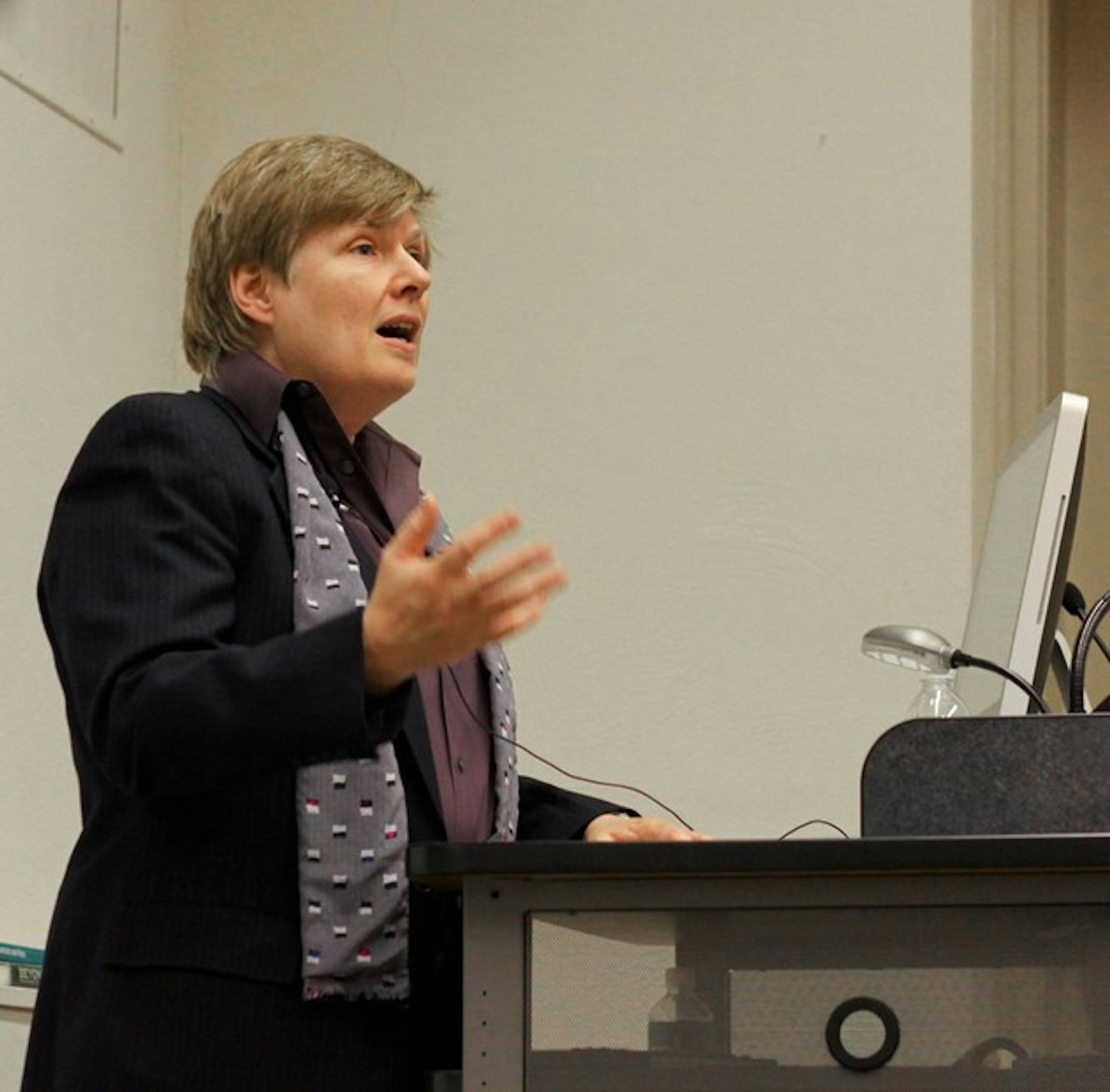"Our cultural schizophrenia, the political roller coaster we are riding is shown in the two biggest GLBT events of 2008 -- the passage of [Proposition 8] and the popularity of the film 'Milk,'" she said. "I think this epitomizes the bookends of American political engagement with GLBT issues."
Hunter said the popularity of the 2008 biographical film about gay rights activist Harvey Milk, nominated for eight Academy Awards, was antithetical to the passage of Proposition 8 last year. Proposition 8 was a California ballot measure in the November general election that proposed to change the state's constitution to define marriage as between a man and a woman, thus eliminating the right of same-sex couples to marry.
"In the late 1970s, I never imagined that gay marriage would be legal in my lifetime -- that blew me away," she said. "But these changes come in either huge leaps or as glacial progress. I think progress will continue, but leaps only last so long, and now we're hitting a plateau."
Throughout her lecture, Hunter repeatedly emphasized the need to be "creative" in the struggle for GLBT rights, especially concerning marriage.
"The question looming for the GLBT rights movement is if social justice goes beyond asking for minority rights, what is the quality of equality for all minorities?" she asked the audience.
Hunter stressed that the underlying issue in the debate over same-sex marriage is the use of different labels like "civil unions" or "domestic partnerships" to distinguish same-sex relationships from traditional marriages.
"Let's stop this fight over the word marriage, and we can achieve both the full benefits and the unity that come from having everyone in a state participate in the same status," she said. "There are two choices -- either use civil unions for everybody, or let everyone participate in marriage. It's your choice."
Labelling these relationships differently is "a marker of second class status" and is something that has to be fought and prevented, Hunter said.
Unions between couples cannot be equal if they are described differently, according to Hunter, so they all should be considered in the same category as either a marriage or a civil union.
"I'm not talking about 'separate but equal,' but about one status, something that is obviously equal for everyone -- I don't care what you call it," she said.
She said the word "marriage" is problematic because both sides of the debate are invested in the word.
"Many people don't agree, to put it mildly, that gay marriage is marriage," she said. "Moving away from the word marriage could help lead to and accelerate the development of other legal statuses."
Hunter currently teaches at the Georgetown University School of Law.
She served as deputy general counsel for the U.S. Department of Health and Human Services from 1993 to 1996 and on the President's Advisory Commission on Consumer Protection and Quality in the Health Care Industry from 1997 to 1998. She is the author of "The Power of Procedure," which focuses on the famous 1997 case Jones v. Clinton.
Hunter's lecture was supported by the Stonewall Fund, which was established at Dartmouth in the late 1990s to sponsor GLBT-related courses and events.




